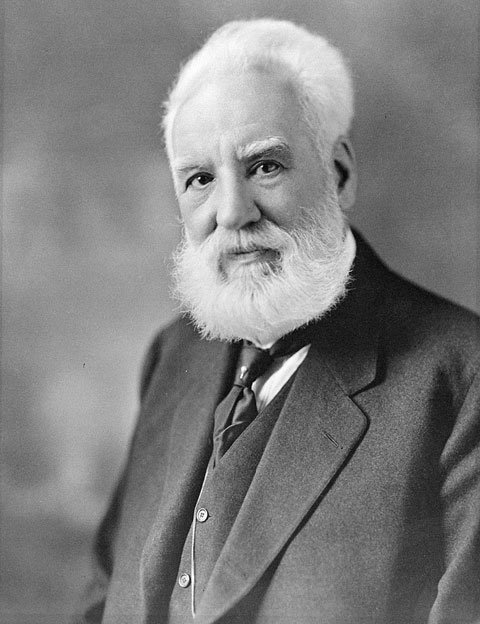On February 14, 1876, Alexander Graham Bell, a Scottish-born inventor, made a significant step in the history of communication by applying for a patent for his groundbreaking invention – the telephone. This event took place just hours before his competitor, Elisha Gray, filed a similar application. Bell’s patent, granted on March 7, 1876, with the number 174,465, is widely recognized as one of the most valuable patents ever issued.
The invention of the telephone by Alexander Graham Bell marked a turning point in the way people communicated with each other. Prior to this revolutionary invention, communication over long distances was limited to telegraph systems, which relied on Morse code and required trained operators to transmit messages. The telephone, on the other hand, enabled the transmission of sound electronically, allowing individuals to speak directly to one another, regardless of the physical distance between them.
Bell’s journey towards the invention of the telephone began with his interest in sound and speech. As a teacher of the deaf, he was deeply invested in finding ways to improve communication for those with hearing impairments. This led him to experiment with various devices and techniques, ultimately culminating in the creation of the telephone.
It is worth noting that Bell’s patent application faced a legal challenge from Elisha Gray, who claimed that he had also invented a similar device. The controversy surrounding the patent rights escalated into a legal battle, known as the Bell Telephone Patent Cases. However, in the end, Bell’s patent was upheld, solidifying his place in history as the inventor of the telephone.
The impact of the telephone on society cannot be overstated. Business and personal communication were forever transformed by this invention. Prior to the telephone, conducting business or staying in touch with loved ones over long distances was a time-consuming and often arduous process. The telephone changed all that, making it possible to have real-time conversations with people located far away.
The telephone quickly gained popularity, and its adoption spread rapidly. It became an essential tool for businesses, allowing for more efficient communication between different branches and enabling faster decision-making processes. It also brought families and friends closer together, bridging the gap created by physical distance.
The significance of Bell’s invention is evident in the continued use and development of telecommunication technology. Over the years, the telephone has evolved into a complex network of interconnected devices, enabling not only voice communication but also data transmission. Today, we have smartphones that fit in our pockets, capable of connecting us to people all around the world with just a few taps on a screen.
In conclusion, Alexander Graham Bell’s application for a telephone patent on February 14, 1876, marked a pivotal moment in the history of communication. His invention revolutionized the way people interacted and paved the way for the development of modern telecommunication technology. The telephone remains an integral part of our lives, connecting us in ways that Bell could only have imagined.

